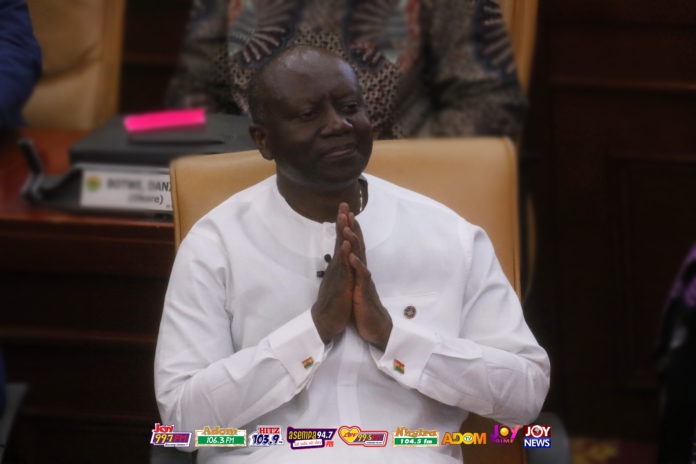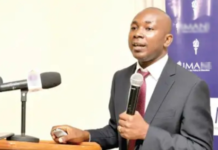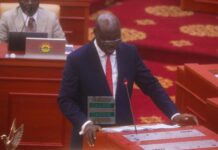
Government’s tight fiscal measures targeted at closing the budget-deficit to 7.4% of Gross Domestic Product (GDP) by the end of 2022 is fuelling the longest bond rally in two months.
According to Bloomberg, the yield on the country’s $1 billion bond maturing in 2026 declined for the sixth consecutive day, as President Nana Akufo-Addo reiterated government’s commitment to get the economy back on track.
Previously, investors were concerned about the credibility of the country meeting its fiscal targets. They, therefore, demanded more interest for the nation’s dollar bonds, as a result of the country’s rising debt.
However, the austerity measures announced by the Finance Minister, Ken Ofori-Atta, coupled with the Electronic Transaction Levy (E-Levy) have reassured investors that the government is bent on reviving the fiscal economy.
Investors believe the recent bond rally may reflect some of the measures the government has recently put in place.
In actual fact, Ghana’s dollar bonds sold-off from 85-90 cents on the dollar to around 60 cents.
Kevin Daly, an investment director at Aberdeen Standard said, “the recent Ghana bond rally may reflect some of the measures the government put in place recently but Ghana risk premiums are also benefiting from the broader risk rally on the back of better headlines on the Russia-Ukraine conflict”.
The E-Levy is projected to boost revenue to about 15.4% of GDP by the end of 2022, from a forecast of about 13% last year.
Importantly, the reduction in the yield of the country’s international bonds indicate that interest payments is expected to go down, if the trend continues.
The foreign exchange market is also expected to benefit immensely, as investors will hold firmly onto their investments.
This will help reduce the pressure on the cedi as its rate of depreciation continues to slow.






